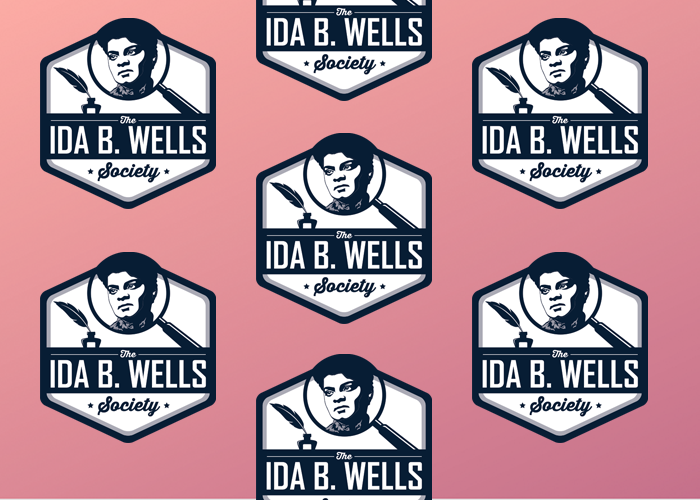
The Ida B. Wells Society is receiving a $150,000 grant from the Knight Foundation to expand its training programs aimed at supporting journalists of color, Knight announced on Thursday.
Launched in 2016, and named for the esteemed 19th century investigative journalist Ida B. Wells, the organization was founded to provide training and mentorship for reporters — especially investigative reporters — of color.“There are a lot of journalists of color who want to be doing [investigative] reporting, but don’t see a path for themselves and have never seen other journalists of color doing this job,” New York Times Magazine reporter Nikole Hannah-Jones, one of the Ida B. Wells Society’s co-founders, told my colleague Ricardo Bilton earlier this year. “When you learn about journalism heroes in college, they are white — usually white men. It’s important that journalists of color see themselves in these positions and get to be trained by people whose experiences are similar to theirs.”
Seventeen percent of employees at daily print newspapers and 23 percent of staffers at digital-only news sites are journalists of color, according to last year’s American Society of News Editors survey of 737 U.S. news organizations. (ASNE just relaunched this year’s version of the survey to emphasize its focus on newsroom diversity.) The Ida B. Wells society will use its funding from Knight (disclosure: Knight also supports Nieman Lab) to hire a full-time director to manage the organization and facilitate its growth. The grant will also support three data journalism and coding workshops aimed at programmers and journalists of color along with the production of courses to help reporters develop beat-reporting skills.The society currently has no full-time staff; it’s been run part-time by its co-founders. CUNY is the group’s fiscal sponsor and also provided it workspace. Other funders and supporters include the National Association of Black Journalists, Investigative Reporters and Editors, the Economic Hardship Reporting Project, the Google News Lab, the Open Society Foundation, the Ford Foundation, the Democracy Fund, and BuzzFeed.
The organization has already held workshops and boot camps that focus on skills such as how to conduct data-driven reporting, pitch stories to editors, and submit FOIA requests. It previously partnered with universities such as the CUNY Graduate School of Journalism and Wake Forest University. Earlier this month, the society held a daylong workshop at Howard University in Washington, D.C. that focused on how to cover law-enforcement training.
It’s also using the funding to launch a mentorship program that will aim to support up-and-coming reporters, help them develop their careers, and remain in journalism.
Hannah-Jones cofounded the society with Tampa Bay Times reporter Corey Johnson, ProPublica’s Topher Sanders, and Ron Nixon of The New York Times. She said all of them were able to build successful careers in part because they were mentored by more experienced reporters. “This is about understanding that, often, journalists of color are not seen in or groomed into these roles,” Hannah-Jones said.
“If we do this right, it’s going to make it much harder for newsroom managers to pretend they can’t find people to fill positions,” she said. “When they say, ‘We can’t find anyone who is qualified,’ we can give them people. And we will know exactly what these people can do, because we trained them.”
Leave a comment